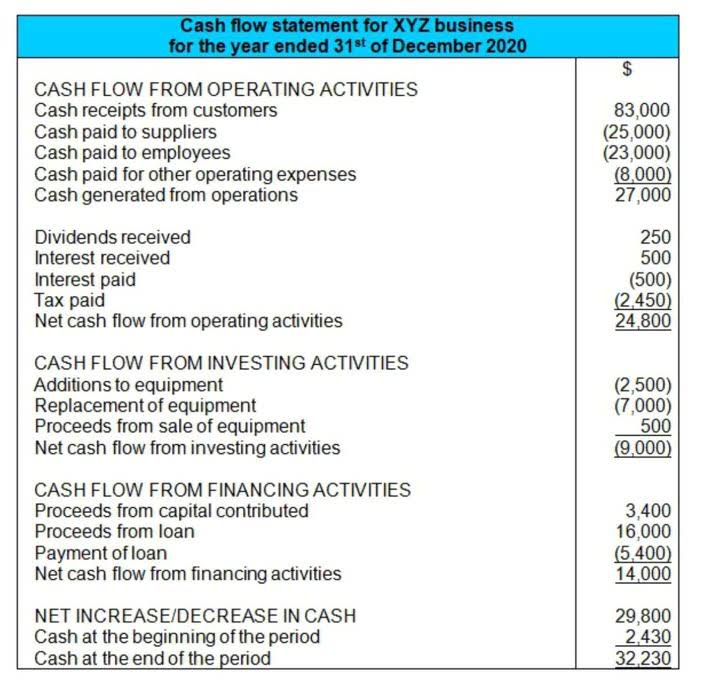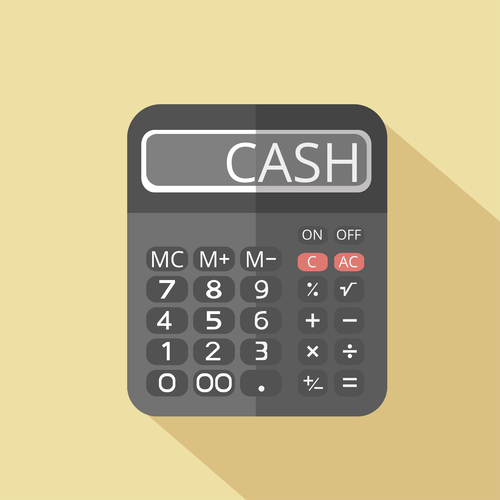Boutique Investment Banks: Examples, Careers, Compensation, and More

The rights and responsibilities of market makers vary by exchange and by the type of financial instrument they trade, such as equities or options. Deal sizes below $50 million are more in the realm of boutique banks (the non-elite kind) and sometimes business brokers (below $10 million). Some CDs (known as liquid CDs) don’t penalize you for early withdrawal of principal or interest or both but pay a lower rate of interest. CDs are https://www.bookstime.com/ FDIC- or NCUA-insured but typically offer no provision to write checks, withdraw funds with a debit card, or add to the balance once you purchase the CD. They usually offer higer yields and cash flow than ordinary savings accounts, but may offer less than a high-yield savings accounts.
- Financial documents often traverse multiple jurisdictions, each with its own set of conventions and terminologies.
- In a money market mutual fund, the main fee is the expense ratio, which is paid to the fund company to pay the fund manager and other operating expenses.
- For example, an annual salary of $60,000 might appear as $60k instead of $60M.
- Other accounts may include features (or even interest rates) that make them competitive with—or superior to—money market accounts.
- By adopting “MM,” companies can ensure that their financial reports meet these standards, enhancing their credibility and attractiveness to global investors.
- The lawsuits are likely to be just the start of a wave of litigation meant to force customers to repay their debts and signal broadly that the bank won’t tolerate fraud, according to the people familiar.
- These groups develop client relationships with companies within various industries to bring financing, equity issuances, or M&A business to the bank.
Understanding MM in Finance: Usage, Differences, and Impact

In addition to transaction limits that your financial institution may impose, money market accounts generally require you to deposit a minimum amount to establish an account. They may also require you to maintain a minimum balance to receive the maximum interest rate. Until the early 1980s, the government placed a cap or limit on the amount of interest banks and credit unions could offer customers in savings accounts. Many institutions offered small appliances (such as toasters and waffle irons), along with other incentives to attract deposits as they couldn’t compete when it came to interest rates. Investment banks serve corporations and governments by facilitating complex financial transactions, such as mergers and acquisitions (M&As). However, “size” can be a relative term; it may refer to the size of the bank in terms of the number of employees or offices, or to the average size of M&A deals handled by the bank.

What’s the Role of a Market Maker?
- As with MMAs, these types of accounts come with a requirement to maintain a minimum daily balance and a penalty or fee for falling below that amount.
- Industry coverage groups within the bank each have vast expertise in specific industries or market sectors.
- This notation is particularly useful in corporate finance, investment banking, and other sectors where transactions and valuations frequently reach into the millions.
- Market makers provide assurance to the investment community that trading activities can operate smoothly.
In financial statements, the abbreviation “MM” is commonly used to denote millions. This shorthand is particularly useful in simplifying the presentation of large figures, making financial documents more readable assets = liabilities + equity and less cluttered. For instance, a company reporting $5,000,000 in revenue would simply state $5MM, streamlining the data for stakeholders who need to quickly grasp the financial health of the organization. Knowing the difference between different types of investment banks will make it easier for you to choose the right bank for your career, your business, or your portfolio.

High-Yield Savings Account

Market makers must stick to these parameters at all times, no matter what their market outlook. When markets become erratic or volatile, market makers must remain disciplined in order to continue facilitating smooth transactions. A market maker can also be an individual trader, who is commonly known as a local. The vast majority of such market makers work on behalf of large institutions due to the lot sizes needed to facilitate the volume of purchases and sales. The term “market maker” refers to a firm or individual who actively quotes both sides of a market in a particular security by providing bids and offers (known as asks) along with the market size of each.
The Comparison with Boutique Banks
This is particularly important in scenarios where quick decision-making is required, such as during mergers and acquisitions or when assessing investment opportunities. The Authorized Share Capital of Company is $15,000,000 shares of $ 100 each i.e. $ 1,500,000,000. Most cases being examined by the bank are for far smaller amounts, according to people with knowledge of the situation who declined to be identified speaking about the internal investigation.
If you want to have accurate financial projections made at the right time, this Financial Modeling Certification Course can help you. The lawsuits are likely to be just the start of a wave of litigation meant to force customers to repay their debts and signal broadly that the bank won’t tolerate fraud, according to the people familiar. JPMorgan prioritized cases with large dollar mm meaning amounts and indications of possible ties to organized crime, they said. JPMorgan is seeking the return of the stolen funds with interest and overdraft fees, as well as lawyers’ fees and, in some cases, punitive damages, according to the complaints.
Why Not Work at a Middle Market Bank?
Your principal can go down in a money market fund, but it can’t in a money market account. As a data analyst who works closely with the finance industry, I‘ve always been fascinated by the ubiquitous use of “MM” as an abbreviation for millions among banking and accounting professionals. It differs from the standard “k” and “M” abbreviations used in the metric system and most other sectors. I decided to take a deep dive into the origins and rationale behind “MM” to better understand this unique element of finance culture. The use of MM is not just about convenience; it also plays a role in standardizing financial reporting.

Discussion — No responses